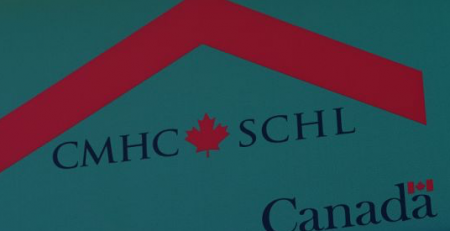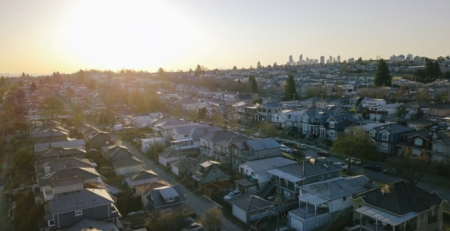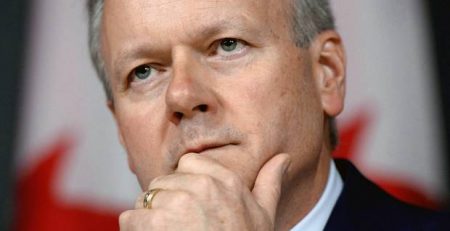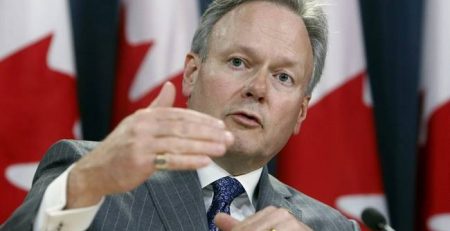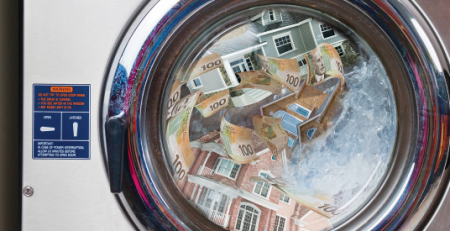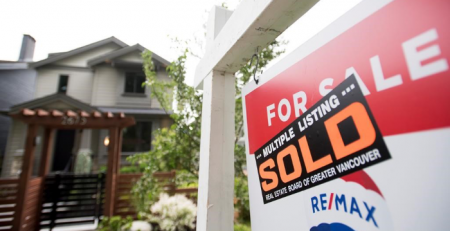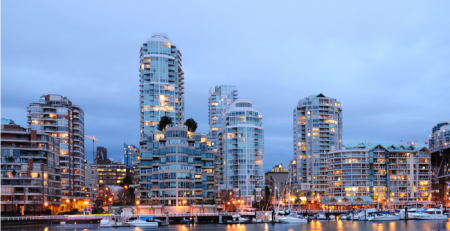Canada real estate: House of Commons petition says tax on home equity will punish millions of residential owners
[Georgia Straight – September 3, 2020]
A petition in the House of Commons opposes the idea of taxing home equity. It calls on Liberal Prime Minister Justin Trudeau to reject “any possibility of this tax being implemented in the future”. “It is wrong to punish homeowners with added taxes when they sell their home after years of investment,” the petition states. Home equity is the difference between the market value of a home and the unpaid mortgage.
To illustrate, if a home is worth $500,000, and the owner owes $400,000, the equity is $100,000. Currently, Canadians do not pay tax on gains they make from the sale of their home. That is, if the property served as their principal residence for every year they owned the house.
The petition also urges Trudeau to cancel a supposed agreement made by Canada Mortgage and Housing Corporation to fund research on taxing home equity.
CMHC did not make a spokesperson available for an interview. Instead, the agency offered a statement saying that it contributed $250,000 for a research project by Generation Squeeze. The statement did not mention a prospective tax on home equity.“The objective is to identify solutions that could improve the housing outcomes for renters and homeowners of all ages,” the statement reads.
UBC professor Paul Kershaw founded Generation Squeeze, a movement focused on young Canadians and housing. In 2018, Kershaw authored a paper titled A Tax Shift that Benefits the Vast Majority: the case for more annual (deferrable) taxation of housing wealth to rebalance the mix of revenue generation tools used by Canadian government.
“Shifting taxes towards housing wealth will help reduce treatment of homes as commodities, cooling the market and reining in costs,” Kershaw wrote. The UBC academic proposed a one percent surtax on home value above $1 million. Kershaw called it as a “Million Dollar Homes Tax”.
As of August 2020, the price of a typical single detached home on the east side of Vancouver reached $1,487,300. By way of exampe, if $1 million in mortage is owed on the same East Side home and the owner has to pay a one percent tax on home equity, that means an additional $4,873 in annual taxes.
On the west side of the city, a freestanding home was valued in August this year at $3,053,900. On its website, Generation Squeeze states that it will convene stakeholders starting in September 2020.
The effort will “examine potential policy solutions that treat housing as a home, rather than an investment vehicle, and how these solutions could be used to improve housing affordability”. The group states that a final report will be published at the end of the project in 2021.
In a May 22, 2019 post on its site, Generation Squeeze talks about the need for a “well-designed #TaxShift”. This means “lowering income taxes and raising taxes of property wealth”.
“Another way to put it: rebalancing our tax system will help us dial down harmful demand and enable more affordable supply,” Generation Squeeze co-executive director Eric Swanson wrote. Swanson noted that potential measures could include “broad or narrowly-targeted tax policy”.
On August 28, Leanne Korczak of Cochrane, Alberta, started the House of Commons petition against a home equity tax. The petition notes that UBC researchers in 2019 referred to homeowners as “lottery winners with an unfair tax advantage”.
“Millions of Canadians have purchased homes as not only a place to live, but an investment they hope to see grow in value over the years,” the petition states.
Blake Richards, who is the Conservative MP for Banff–Airdrie, is sponsoring the petition.


